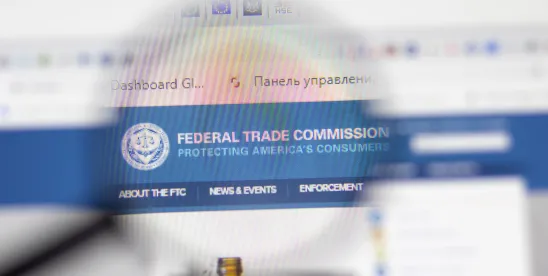In prepared remarks for the Competitive Enterprise Institute’s Annual Summit delivered on May 31, 2024, Melissa Holyoak, a newly appointed Commissioner of the Federal Trade Commission (“FTC” or “Commission”), acknowledged the benefits of periodically reevaluating and debating the direction of government policy.
But she added that “a careful reconsideration of longstanding views and policy—accompanied with thoughtful change, consistent with the rule of law—is not how I would describe the last three years [at the FTC].”
In particular, while commenting on the FTC’s rule banning noncompetes, Commissioner Holyoak said the following:
The history of the FTC teaches that pursuing a rulemaking and enforcement agenda that goes beyond the agency’s delegated authority wastes substantial resources on long-term projects that, because they are ultimately held unlawful, confer no benefits to consumers. It not only diverts resources away from the agency’s core mission, it undermines the legitimacy of the agency and reduces the chances that Congress will provide the Commission with resources and authority it does need. Unfortunately, the Commission’s recent actions suggest history may be repeating itself.
A little more than a month later, on July 3, the U.S. District Court for the Northern District of Texas validated Commissioner Holyoak’s remarks by partially enjoining the implementation of the FTC’s noncompete ban. A final ruling on the merits by the Northern District of Texas, expected by August 30, 2024, and a pending ruling in the Eastern District of Pennsylvania, due out by July 23, 2024, may further vindicate Commissioner Holyoak’s concerns.






 />i
/>i

